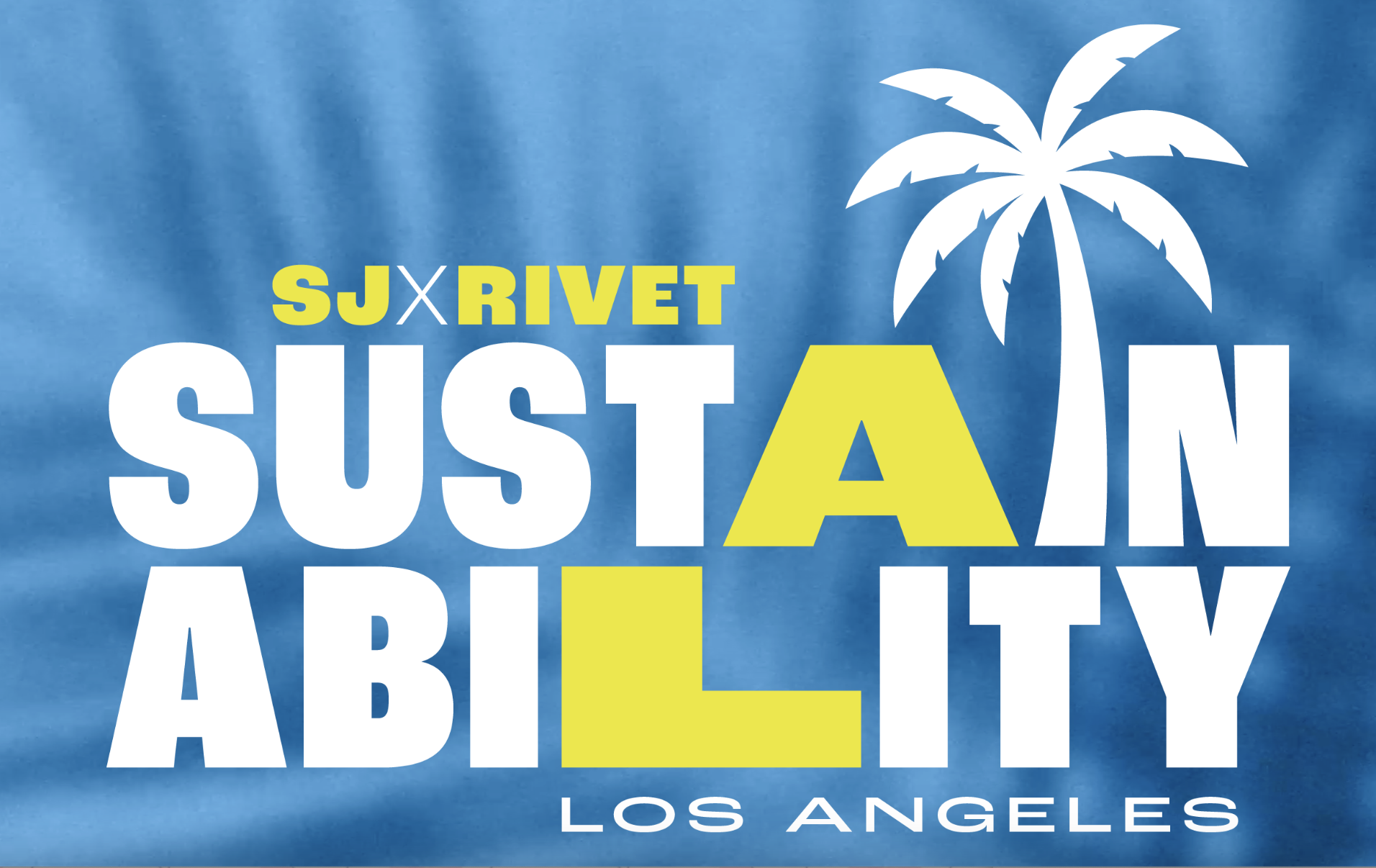Four decades ago, the European Union passed an Extended Producer Responsibility (EPR) regulation, requiring textile manufacturers to take accountability for the entire lifecycle of their products — not just the production and distribution.
Now, these regulations look to be moving quickly to the United States. The first EPR bill in the nation has passed both houses of California’s state legislature, awaiting only signature from Governor Gavin Newsom. If the EPR becomes law in the US, the textile industry will need to get ready.
What is the Responsible Textile Recovery Act of 2024?
The bill moving through California’s state government is called the Responsible Textile Recovery Act of 2024 (SB 707). If signed by Governor Newsom, the law will require all textile companies operating in California or selling to California residents to “establish and fund a producer responsibility organization (PRO) to manage their collection, sortation, and recycling — keeping them from ending up in landfills and waterways at the end of their useful life,” states The Sourcing Journal.
What does California SB 707 mean for you?
If passed, companies producing, selling, importing, or distributing in California will need to comply with the requirements of SB 707 by 2030.
California’s global impact
While SB 707 is a state law, textile manufacturers around the nation should pay attention. Whether or not you do business in California, the state has a strong history as a leader of sustainability regulations that generally extend around the world.
Typically, sustainability laws first pass in the European Union, then move to California, and then become normalized around the nation and globe. The EU passed its EPR ruling in the early 1990s and now California is following suit — so you can expect EPR to arise as a standard in the manufacturing industry.
Requirements
Here’s a quick overview of some of the key components that make up the SB 707’s requirements:
- PRO formation: You’ll need to form and join a Producer Responsibility Organization (PRO) by 2026 that outlines your organization’s plan for collecting, transporting, repairing, recycling, and managing the products you manufacture. By 2030, the plan must be submitted and approved.
- Program implementation: California’s prefers repair and reuse as the two primary mechanisms of waste management, however recycling is also an acceptable approach for managing collected products.
- Education: To effectively collect products at the end of their life cycle, organizations will need to educate their consumers on collection site information and the purpose of the PRO.
- Annual reporting: Financial reports, as well as waste management reports on product collection and reuse/recycling, must be submitted to the State of California on an annual basis.
Noncompliance with the regulation, if passed, comes with substantial fines and even inability to sell certain products in the state of California. Because the consequences can be big, we recommend taking a few minutes to review the entire law for all details of requirements.
How can Charming Trim help you prepare for California SB 707?
Charming Trim is prepared to support you as you prepare for the passing of SB 707. With DIGI, our digital product passport tool, you can communicate easily with your customers directly through your tag and label. When buyers scan the QR code on their garment, they can easily access all the information they need to care for their product for its entire lifecycle.
DIGI allows you to include end-to-end product information in a convenient spot, keeping your business compliant with SB 707’s educational component. With care instructions, you can help customers enjoy their garment for longer, and when it’s time to part ways with your product, you can include instructions about collection sites and preparing their garment for drop-off.
EPR is coming down the pipeline — fast. While 2030 may feel like a long time away, this regulation requires serious preparation. At Charming Trim, we recommend staying on top of emerging regulations so you’ll avoid the unnecessary last-minute scramble for compliance.
Learn more about how Charming DIGI can keep your company sustainable and compliant.
.png)

